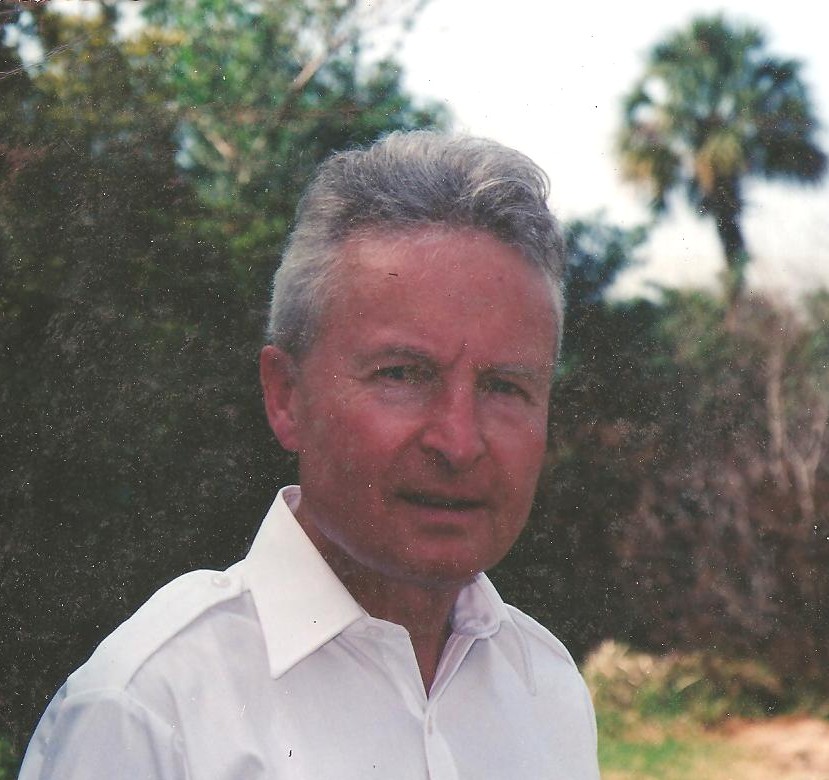|
We all appreciate modern medicine in one or another way when it comes to tackle this or that disease in our industrialized society. Therefore, it seems ‘schizophrenic’ that, the more urbanized and disclosed from nature you are, the higher your risk of ailments, disability – and premature death. Read on to learn what’s right, and what is wrong. Based on latest scientific breakthroughs. QUESTION MARK Tim Brennan from Wheeling, WV, asks: When I went to the countryside recently as an ‘urban cowboy’, I got the impression that this was specifically good for my well-being. Right or just a myth, Doc? NATURE’S ANSWER Dr. Fritz: As you may have learned at school and possibly from my Medical Sunday Blogs, Health is all but a one-dimensional phenomenon. Rather, it is a complexity of physical and mental well-being. Strongly related to the environment you live in. I.e., the more urbanized and disclosed from nature you are, the higher your risk of ailments, disability – and premature death. Unfortunately, this biologic fact has been forgotten widely since the dawn of the so called Industrial Revolution end of the 19th century by trying to synthesize nature instead. With the result of 2 million premature deaths each year because of chronic illness, and quite a few more of those negative vital statistics. SCIENTIFIC VALIDATION Only now we start looking back to nature as a partner for our health. E.g., by research at the University of Exeter and the British Trust for Ornithology in the UK, in collaboration with the University of Queensland in Australia. Their findings indicate that those living in neighborhoods with birds, shrubs, trees, etc. have a lower incidence of stress, anxiety, and depression. In urban environments with these natural features, and in the countryside alike. Independent of their age, gender, ethnicity, or other socio-demographic factors. The only difference: the more birds they saw, the better the outcome.
|
As a leading documentation and information center New Medical Frontiers, Inc. receives a lot of questions daily. Learn about the answers in this blog "Ask The Natural Online Doctor".
Author
Dr. Mark Fritz, NMD, PhD Categories
All
|
Copyright New Medical Frontiers, Inc. © 2015 - all rights reserved

 RSS Feed
RSS Feed